How hard should I work out?
There is a common misconception within the health industry that to see results, you need to go balls to the wall every single session.
That a sign of muscle soreness is the sign of a good workout.
That being on your haunches and vomiting all over the place is somehow a good thing.
Which (in my personal opinion) is a load of absolute rubbish.
Now, before you start screaming for my head, let me clarify.
I am not saying you should never train hard.
Honestly, that would be absurd.
In fact, having a few really intense training sessions every couple of weeks is a great way to promote extra progress, keep yourself motivated, and test yourself both physically and mentally.
These sessions are important, because they essentially provide some insight into your progress, while also driving adaption.
In short, you need to train with some serious intensity sometimes.
It would be rhetorical to say: that your body is special. And you would only want the best to be guiding you through your health and well-being safely. And yet, one can still be suggestible- picking up dodgy anecdotal tips from ‘that guy’ on the lat-pull-down machine.
I have personally experienced the exercise benefits, being safely loaded, and moving with confidence with one of my colleagues. Leaving my body and surrendering to an expert has given myself a deeper appreciation of the importance of finding an expert in human movement.
I have always been on the other side to what I have been accustomed too- and as bias as it sounds: my colleagues here at iNform health really know how to manage and care for their clients.
But you shouldn’t be getting smashed every single session.
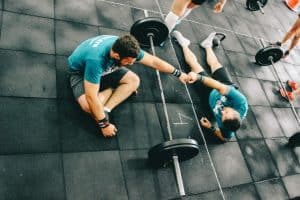
Here’s the kicker. To see progress, you also need to allow yourself time to recover from your training.
As a general rule of thumb, the more intense your training sessions is, the longer you need to take to recover from that session.
You know that debilitating pain in your bum you get after completing a heavy lower body session? That’s a sign of muscle damage (good muscle damage, I should add). This is a surefire way to tell that you need to pull back and allow a couple of days for your legs to recover.
Now, if you ignore this pain and keep training those legs hard and heavy, you will eventually reach a point where recovery stops completely. As a result, you will cease to see any progress, and may even get injured.
This would be silly (read: stupid).
However, I’m not saying that during this period of recovery you don’t train at all. It just means that you either pull back a bit, or go hard on other areas of your body, which would obviously give your legs a bit of a break.
And the same can obviously be said for any other mode of exercise.
If you have a really solid run one day, then don’t repeat that same run the next day. Take a couple of days to train in the gym (preferably with more upper body dominant movements). Or maybe go for a light swim or bike ride.
Pretty simple really.
Just make sure that you allow the fatigue to dissipate and your body to adapt before putting it through another brutal session.
How Hard Should I Work Out?
With all this in mind, to see consistent progress there is a bit of a balance that needs to be managed closely.
You need to know when to push hard, and when to pull back.
As a result, if you are training on a regular basis, most of your training sessions will fall somewhere right in the middle of ‘barely working up a sweat’ and ‘near exhaustion’.
Which is actually a very good thing.
This middle ground is where you simply put in the work. You come into the gym, and develop your technical proficiency. You stress your body enough to elicit a response, but not so much that you need to take a few days off training completely.
In doing so, you guarantee consistent progress across your training journey, without falling apart or getting injured.
Which in my mind, is a pretty good way to go about it.
It would be rhetorical to say: that your body is special. And you would only want the best to be guiding you through your health and well-being safely. And yet, one can still be suggestible- picking up dodgy anecdotal tips from ‘that guy’ on the lat-pull-down machine.
I have personally experienced the exercise benefits, being safely loaded, and moving with confidence with one of my colleagues. Leaving my body and surrendering to an expert has given myself a deeper appreciation of the importance of finding an expert in human movement.
I have always been on the other side to what I have been accustomed too- and as bias as it sounds: my colleagues here at iNform health really know how to manage and care for their clients.


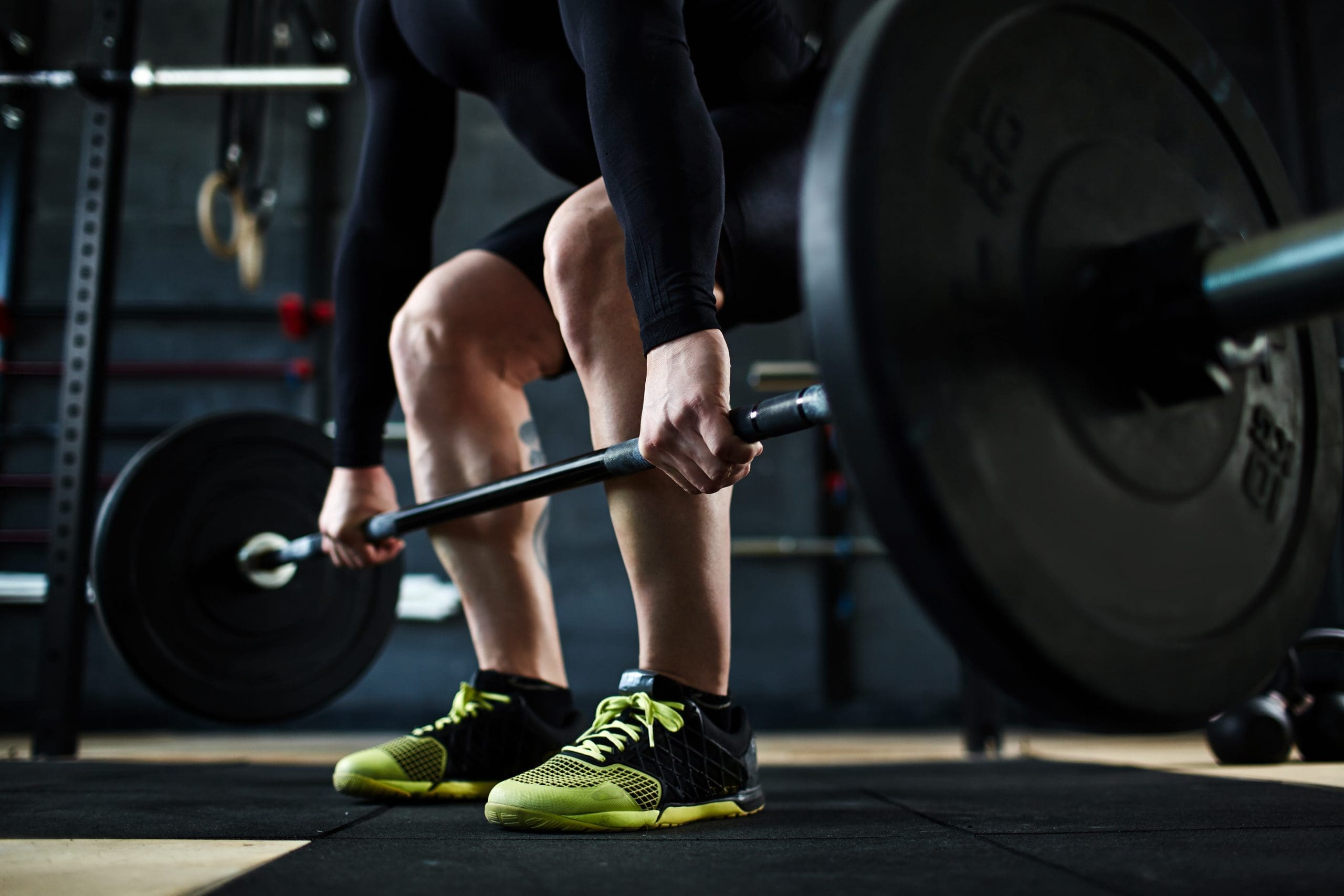







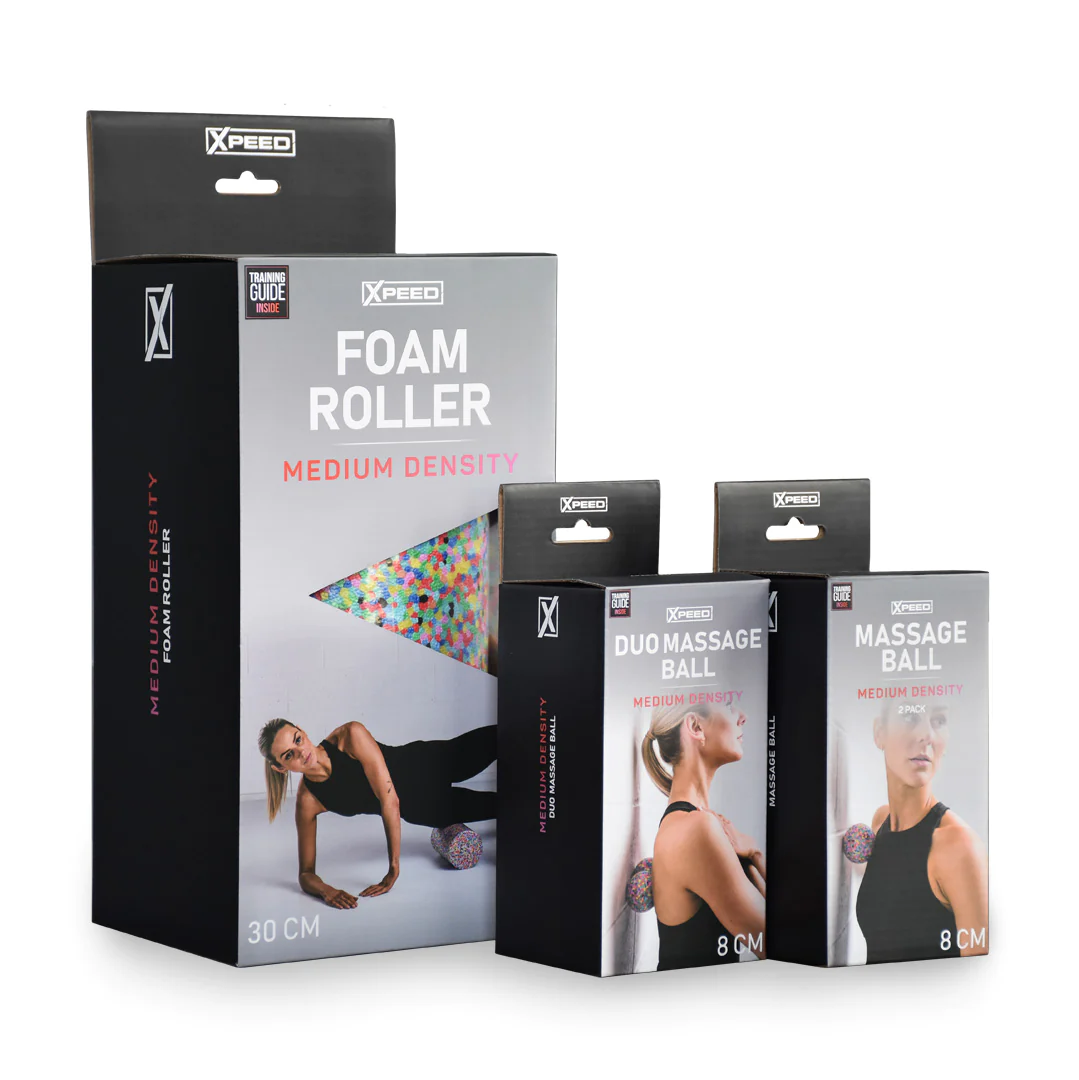
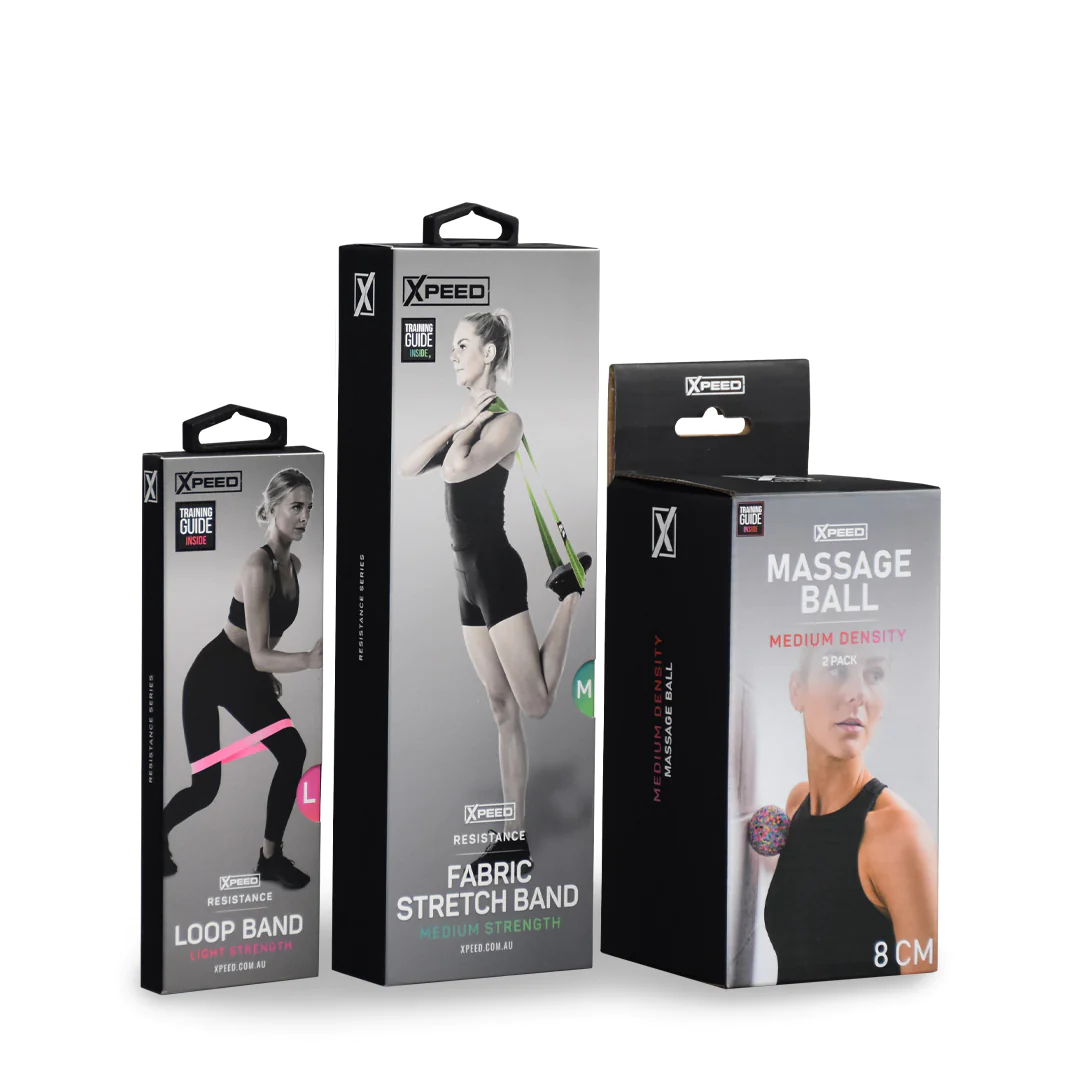
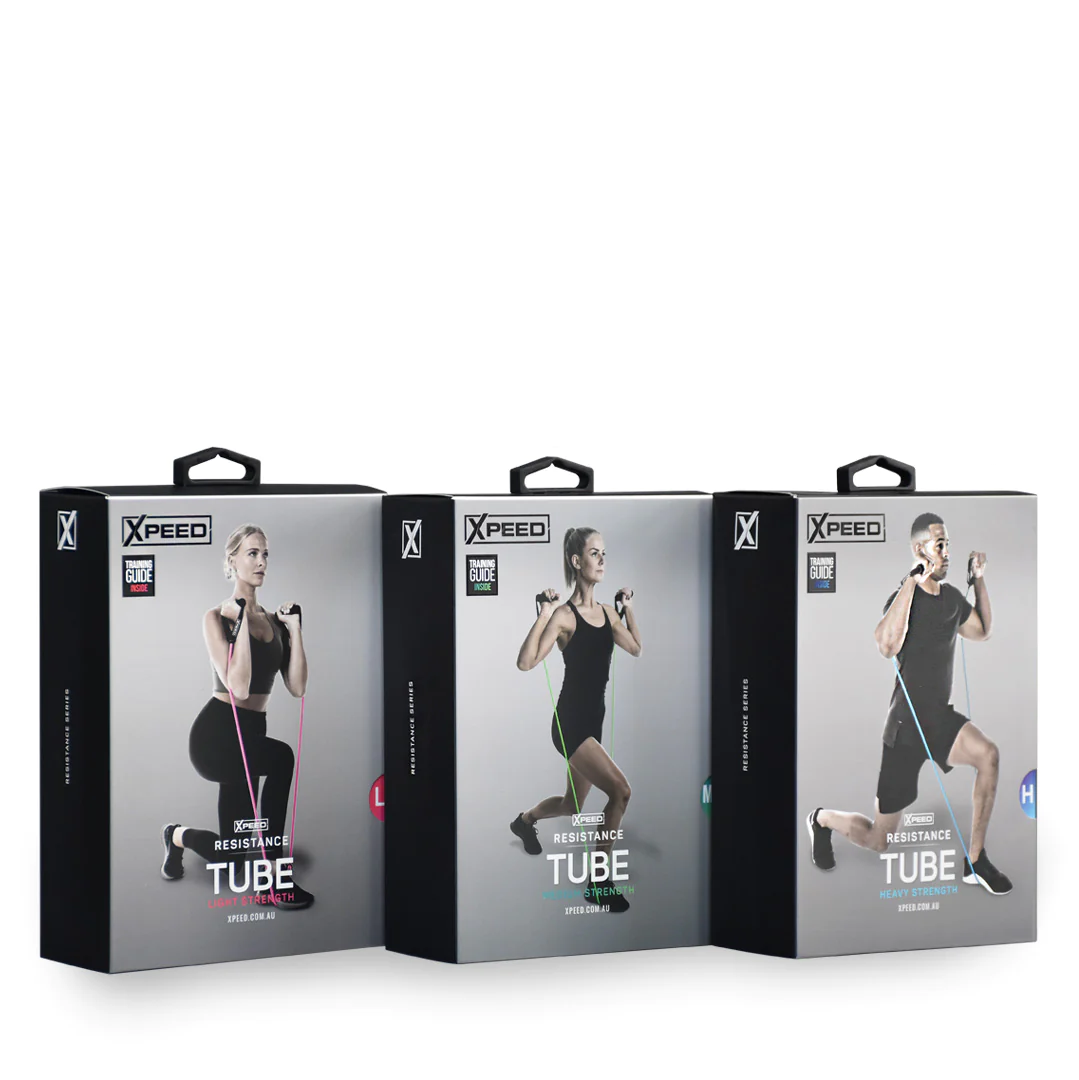
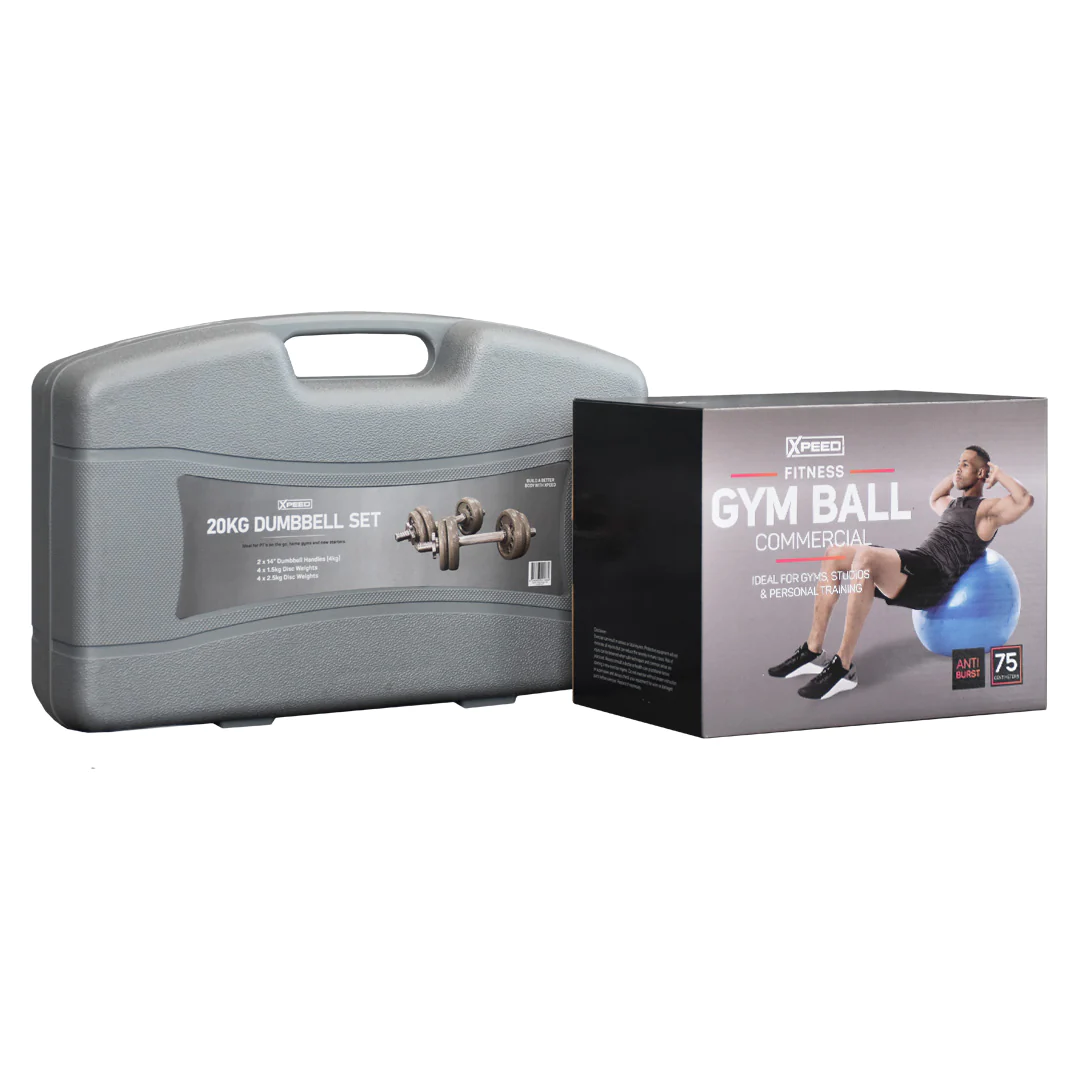
For a starter like me this post is amazing! I was kind of lost at the beginning but these tips have really helped me to get the right training plan for me. thank you and keep it up
Hey Abigail, thanks for the kind words, and I am glad you enjoyed the post!